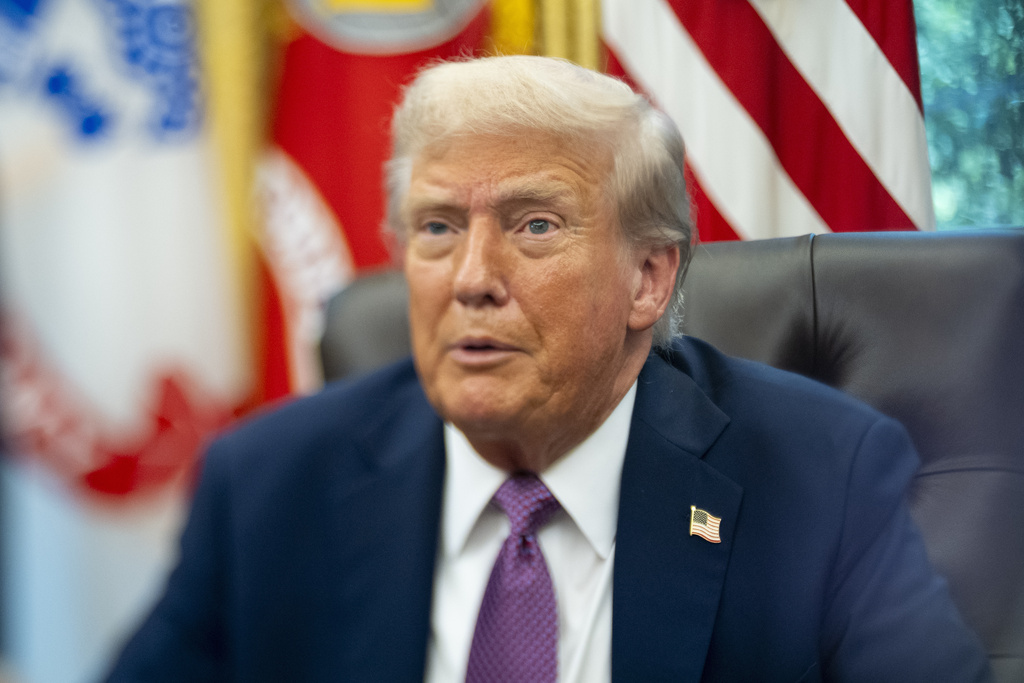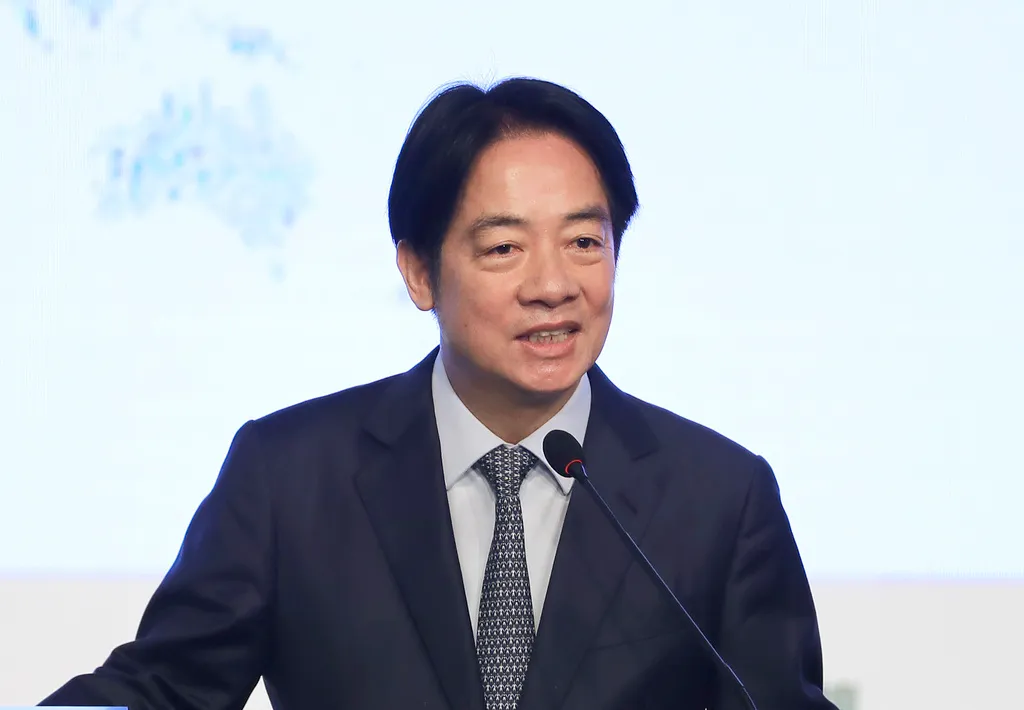TAIPEI — As world leaders line up to negotiate trade policy face-to-face with President Donald Trump, Taiwanese officials are keenly aware they cannot enjoy such privileges.
Taiwan, officially known as the Republic of China, was among the key U.S. allies slapped with 20% “reciprocal tariffs” last month as Trump seeks to rebalance the country’s trade agreements.
The White House has become a one-stop shop for heads of state seeking to hash out new parameters on bilateral relations, but the U.S. government’s One-China policy means any formal meeting with Taiwan is virtually impossible.
“It’s a very different situation for Taiwan, so we deal with the Donald Trump situation in an unofficial way,” Taiwanese Deputy Foreign Minister François Chihchung Wu told the Washington Examiner on Tuesday.

The United States cut diplomatic ties with Taiwan in 1979 when it adopted its One-China policy, which acknowledged the Chinese Communist Party as the sole authority over the mainland and Taiwan. Bilateral negotiations between the U.S. and the island could imply recognition of Taiwan as an independent state, violating that policy and risking backlash from Beijing.
“If we could meet with Mr. Trump in his office, it would already be a victory for us,” Wu told the Washington Examiner. “It would just not happen.”
The U.S.’s evasion of direct contact with Taiwanese leaders was demonstrated in July, when President William Lai reportedly offered to stop by New York and Dallas while en route to South America.
The administration, concerned about trade negotiations with Beijing, waved Lai off.
Taiwanese policy experts fear that this lack of access to the president will make renegotiating the tariffs impossible.
“In Taiwan’s case, it’s more complicated because Taiwan cannot have direct access with Trump personally,” Hsien-Ming Lien, president of the Chung-Hua Institution for Economic Research in Taipei, said at a press event on Monday. “I think that’s a very key issue for making the deal.”
Lien is pessimistic about the chances of a Taiwanese counterproposal satisfying the White House without a direct pitch to Trump.
“You have to negotiate face-to-face with Trump — because he likes to make the deal — and make him feel that he actually won,” said Lien.
A parade of world leaders has progressed through the White House since Trump began his second term, seeking relief from his barrage of tariffs and using the opportunity to open dialogue on other outstanding issues.
Last month, seven European leaders flocked to the Oval Office at once to speak with Trump following his summit with Russian President Vladimir Putin in Alaska.
As Taiwanese officials are forced to work back channels to argue their case, the situation is only worsening.
The administration has repeatedly floated the idea of imposing a fresh round of tariffs on foreign-made semiconductors and computer chips to boost domestic production and increase self-sufficiency in manufacturing the crucial components.
Semiconductors and chips are two of the island’s key products, and the U.S. is among its biggest markets.
“Unfortunately, Taiwan did not have the opportunity [for a White House visit] and therefore whenever we reach a deal [internally], in the end, it will be turned down by Trump,” Lien said.
Lai continues to strike an optimistic tone on U.S. relations despite the disagreements over trade policy.
“The United States shoulders the responsibility of safeguarding global security and peace, while at the same time, it also faces its own domestic challenges,” the Taiwanese leader said on Monday. “In trade negotiations, we must, of course, act in accordance with our national interests and the interests of our industries, while also safeguarding food security and the health of our people.”

TAIWANESE PRESIDENT SAYS TRUMP IS BOLSTERING SUPPORT FOR ISLAND AMID CHINA’S EXPANSIONISM
“However, in diplomacy, defense, and other areas, cooperation with Taiwan — and the assistance extended to Taiwan — has not ceased or diminished under President Trump; on the contrary, it has continued to grow stronger,” he continued.
Wu is also optimistic about the future of U.S.-Taiwan negotiations despite the virtual impossibility of bilateral discussions, telling the Washington Examiner that he believes “Donald Trump has a lot of imagination.”
